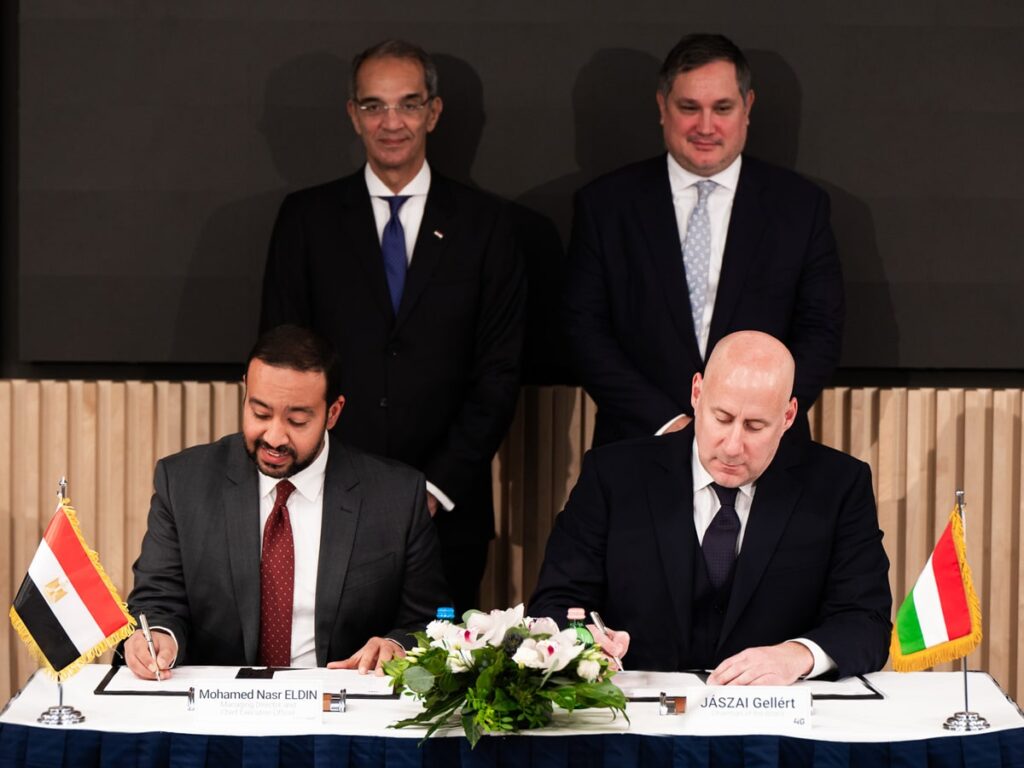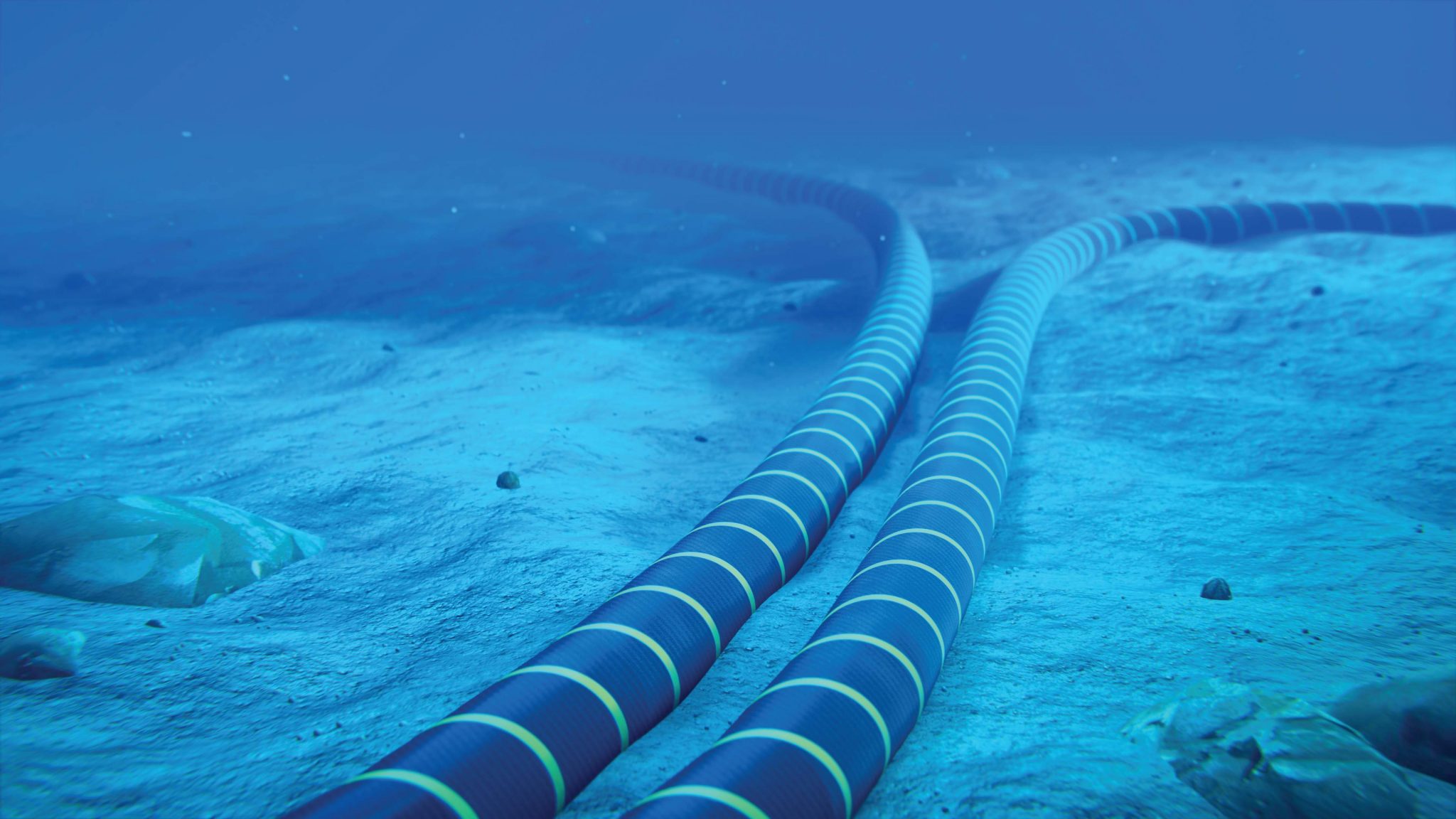Egypt’s state-owned and the country’s largest telecommunications network operator, Telecom Egypt, and Hungarian telecommunications and IT services provider 4iG Plc, will form a joint venture to build an express subsea cable between Albania and Egypt, according to a statement released on February 1.
Subsea cable
The express subsea cable will create a high-capacity, intercontinental connection linking Africa and Asia, through the Red Sea, to Europe, via Egypt, the Mediterranean, and Albania. The cable is the first of its kind to link the two countries.
Telecom Egypt said that the planned subsea cable’s Mediterranean route will be unique, adding another layer of diversity to the conventional Mediterranean routes linking Egypt to Italy and France. It will also acquire a significant share of the huge and rapidly growing data traffic market between Asia, East Africa, and Europe.
Additionally, the cable system will offer the option for extension to key Mediterranean destinations, including Libya, Cyprus, and Greece, with a branch extending to Italy.
Egypt’s end of the cable will provide access to various subsea cables running southeast via the Red Sea to Asia and Africa, in addition to more than 1 terrestrial trans-Egypt route connecting the Mediterranean cable segment to other cable extension options in the Red Sea, as per the statement.
On Albania’s end, the system will avail the shortest path to Frankfurt, as well as other important international traffic destinations in Eastern and Central Europe and the Balkans, such as Sofia, Vienna, and Budapest.
Chairman of 4iG Plc, Gellért Jászai, and CEO of Telecom Egypt, Mohamed Nasr, signed the agreement in Budapest, Hungary, on February 1st. The signing follows a Memorandum of Understanding (MoU) signed between the two companies in October.

Long relations
Egypt’s Minister of Communication and Information Technology, Amr Talaat, remarked, ‘The cooperation we are witnessing today highlights the century-long distinguished relations between Egypt and Hungary, which began when Hungary inaugurated its consulate on 1 February 1924 in Alexandria, Egypt.’ He noted that the most significant aspect of this collaboration is its alignment with a strategy aimed at bolstering business continuity and future expansions in the Eastern Europe region.
Furthermore, Egypt is committed to expanding its international digital infrastructure, particularly as more than 90% of the international data traffic between the East and the West traverses through the country due to its strategic geographical location, with 14 international subsea cables currently operational. Talaat also mentioned ongoing efforts to establish an additional 5 international subsea cables through international alliances.







